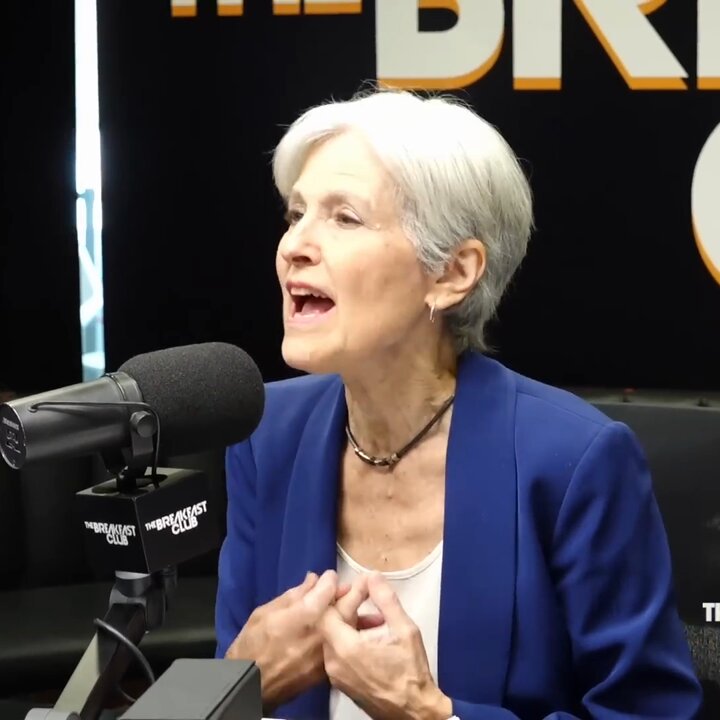In reply to:
Alexandria Ocasio-Cortez
@AOC
·
460d
Keith Edwards
@keithedwards
·
460d
The statement constitutes public discourse as it engages with public issues, specifically the qualifications and seriousness of a presidential candidate, and contributes to the civic dialogue about political leadership and alternatives to the status quo.
- The statement does not directly cause harm but could be seen as dismissive and critical of a candidate's knowledge, which might indirectly harm their reputation. [-1]Principle 1:I will strive to do no harm with my words and actions.
- The statement does not engage in cyberbullying, harassment, or hate speech, but it does question the dignity of the candidate by highlighting their lack of knowledge. [-1]Principle 2:I will respect the privacy and dignity of others and will not engage in cyberbullying, harassment, or hate speech.
- The statement does not promote understanding, empathy, or compassion; it is more focused on criticism. [-1]Principle 3:I will use my words and actions to promote understanding, empathy, and compassion.
- The statement engages in criticism but does not offer constructive dialogue or solutions, and it borders on a personal attack by questioning the candidate's knowledge. [-1]Principle 4:I will engage in constructive criticism and dialogue with those in disagreement and will not engage in personal attacks or ad hominem arguments.
- The statement aims to influence public opinion by advocating for a serious and powerful left, which can be seen as an attempt to better society. [+1]Principle 6:I will use my influence for the betterment of society.
- The statement upholds free speech and uses the platform to express a political opinion, but the responsibility and integrity of the critique can be questioned.Principle 7:I will uphold the principles of free speech and use my platform responsibly and with integrity.

